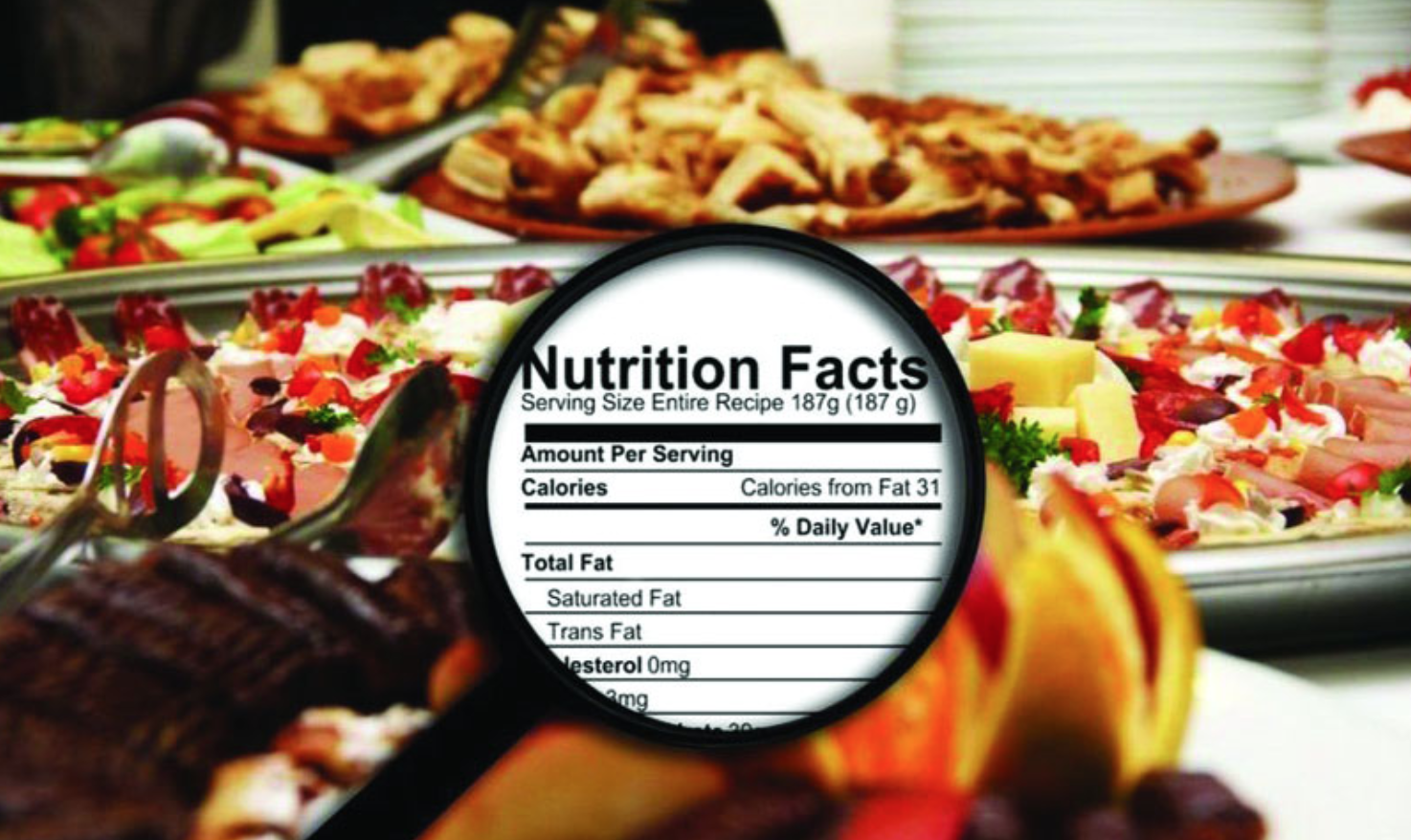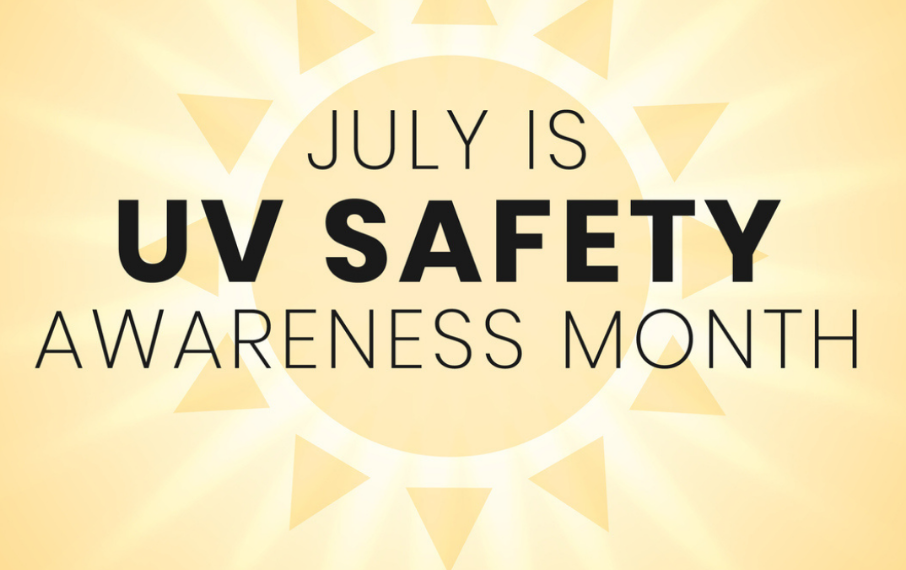Most people think they eat better than they do. Research shows people underestimate daily calorie intake by up to 40 percent — not because they’re lazy or dishonest, but because the modern food environment is designed to make mindless eating easy and calorie creep invisible.
If you want better energy, better body composition, and better health, you need to know what you’re actually eating — not just what you think you’re eating.
A food audit is not about guilt or obsession. It’s about clarity. Once you see the real numbers, you can make real changes that actually stick.
Here’s how to do it properly — and why most people get it wrong.










